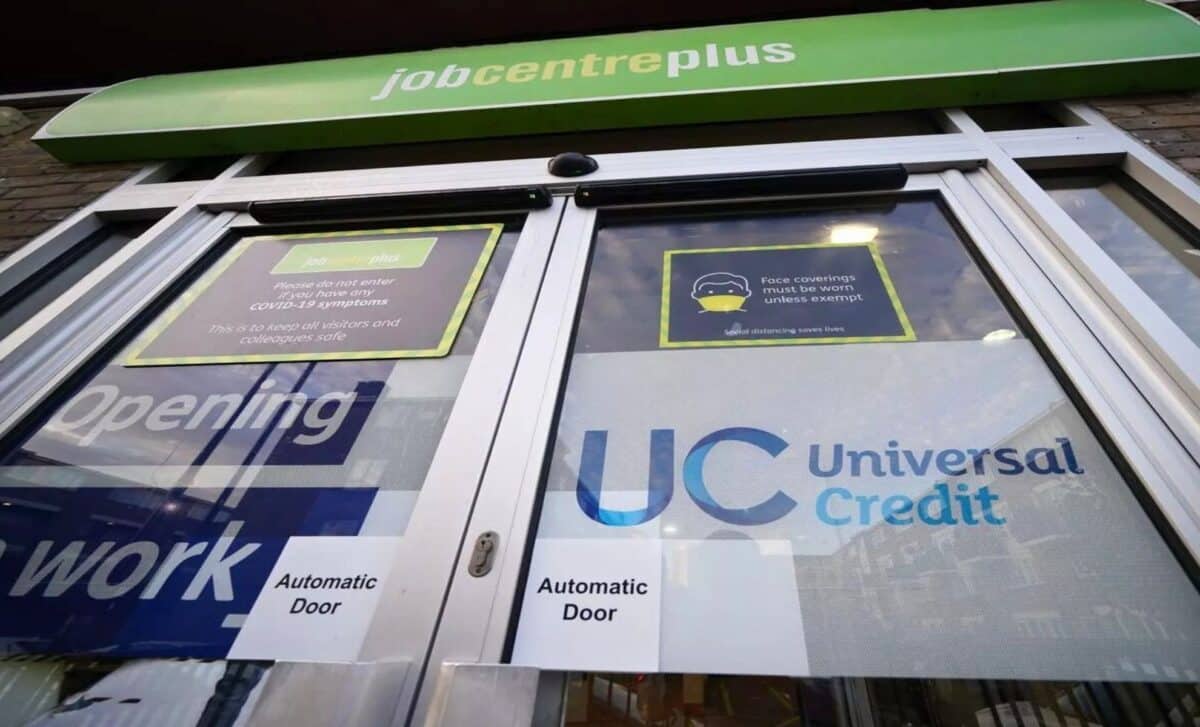The UK’s Jobcentres, responsible for managing benefits such as Universal Credit, Jobseeker’s Allowance (JSA), and Personal Independence Payment (PIP), are set to undergo a major overhaul. Liz Kendall, Labour Party spokesperson, has announced plans to push young people into work or education as part of a wider benefits reform. However, these proposals have sparked concerns among claimants and advocacy groups.
“Not Fit for Purpose”: A Damning Indictment of the UK’s Jobcentres
Liz Kendall has delivered a damning assessment of the current state of Jobcentres: “They are no longer fit for purpose. They’ve become hollowed-out benefit administration services, shunned by both employers and jobseekers.” According to Kendall, only one in six employers uses Jobcentres to recruit, underscoring the need for significant change.
The aim is to transform Jobcentres into genuine public employment services that meet the needs of employers while equipping jobseekers with essential skills. Yet this vision has been met with scepticism, with critics warning of potentially punitive measures disguised as progress.
Young People at the Centre of Reform… with Conditions
The proposed changes include early interventions in schools, expanded access to work experience opportunities, and career advice programmes. However, these offerings come with strings attached. Kendall made it clear: “Young people will have to take up these opportunities.” To some, this rhetoric risks further marginalising young people already facing economic hardship.
The stark language accompanying these reforms has raised eyebrows: “If you’re young, out of work, and lack basic skills, it can have lifelong consequences for your earnings, career, and health.” For critics, this sounds more like an ultimatum than an offer of support.
A Labour Market Desperate for Change—But at What Cost?
Kendall’s call for reform comes against a backdrop of an economy grappling with labour shortages. “Employers are desperate to recruit,” she declared, pointing to a mismatch between the available workforce and the skills employers need. The proposed transformation aims to make Jobcentres relevant again by aligning their services with these demands.
Yet sceptics question whether this ambition addresses the root causes of unemployment, such as regional disparities, lack of affordable childcare, and stagnant wages. By focusing on individual responsibility, some argue that the reforms overlook systemic barriers that prevent people from entering or progressing in the workforce.
A Precarious Gamble for the UK’s Welfare System
The proposed changes mark a pivotal moment for the UK’s welfare system, with Jobcentres poised to pivot from their current role into a new model of public employment service. Whether this gamble will yield tangible benefits or exacerbate inequalities remains to be seen.
For now, the reform has ignited a heated debate over how the country supports its most vulnerable citizens—and whether the price of progress might be too high for those who can least afford it.










We need this party out the sooner the better the country is going to come to a stand still .I thought labour were to help the working class they are only looking after the rich get them out
You are talking out of your rear.